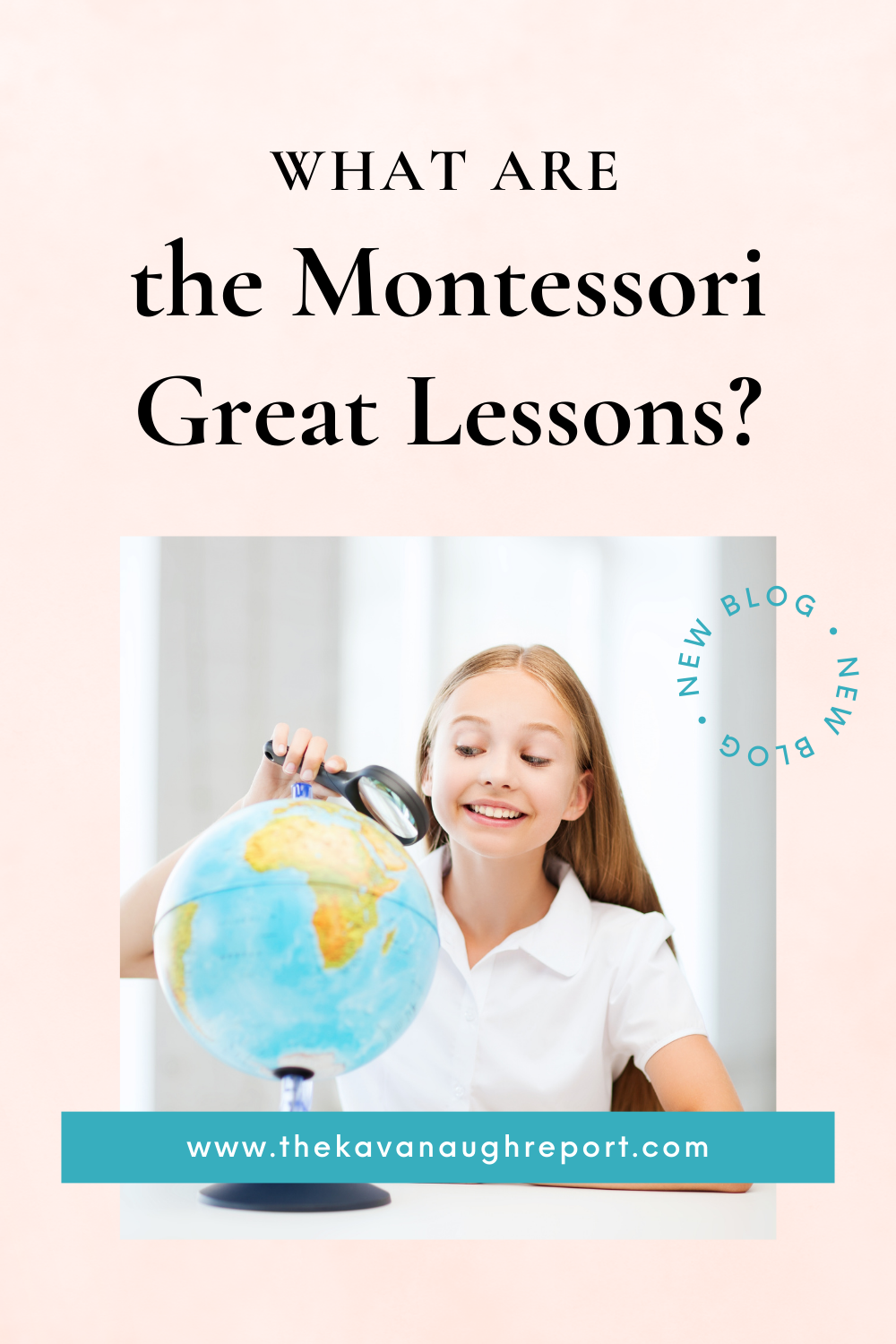Sometimes it can be easy to think of Montessori as a method of education prior to elementary school. It's far more common for people to write about Montessori under age 6 and far more common to find Montessori schools serving young children than elementary students! But, the truth is Montessori has an incredible elementary curriculum (and Montessori schools actually can go through high school.)
The elementary curriculum is often referred to as "Cosmic Education." Maria Montessori understood that elementary aged (second plane of development) children had big ideas, big capacity for learning, and a big imagination. Therefore, we start with big ideas, big concepts, and a lot of imagination! Unlike in Children's House where everything is concrete learning, elementary students need a hook to bring them into the work, and this is done through the imagination.
In her book, From Childhood to Adolescence, Maria Montessori says, "Imagination is the great power of this age. Since we are unable to present everything, it is up to the child to use his imagination. The instruction of children from seven to twelve years of age must appeal to the imagination." She went on to say, "when a child's interest is aroused on the basis of reality, the desire to know more on the subject is born at the same time."
What are the 5 Great Lessons in Montessori?
Knowing this, the Great Lessons were born! These 5 lessons are just large stories that evoke a child's imagination for all the things of the world. They are meant to be the context by which additional stories are told that spark elementary students into further exploration and learning on a subject. With this spark, a fire is ignited and children go deeper into other more traditional areas of learning. They want to know how the universe was formed? Maybe that leads to chemistry, to math work, to writing a report. It's almost endless the possibilities. But, the important thing is that the learning is sparked from this incredible, rich, visual story.
The lessons themselves are based around 5 themes:
- Creation of the Universe
- Coming of Life to Earth
- Coming of Man
- History of Language
- History of Numbers/Mathematics
Typically these stories are told each of the six years that a child is in Montessori elementary school (1-6th grade) which allows them to move deeper each year depending on their readiness and interest. They are generally told in the beginning of the school year and used as a reference for further learning as the year progresses. The lessons are meant to leave an impression more than give the answers for everything on a particular subject.
Supporting Cosmic Education with the Great Lessons at Home
While this year is different (since the kids are home and I'm giving the lessons), typically we do support Great Lesson learning at home. We do this by:
- adding our religious context to the stories at home (this is a whole post for another time!)
- making lots of reference books available for any questions or research they may want to do
- supporting with books here at home
- (pre-Covid) trips to museums, shops, shows and other cultural events that add context to the lessons and spark further exploration
- open ended art exploration of topics related to the great lessons
Have your children received these lessons? Do you support them at home?




